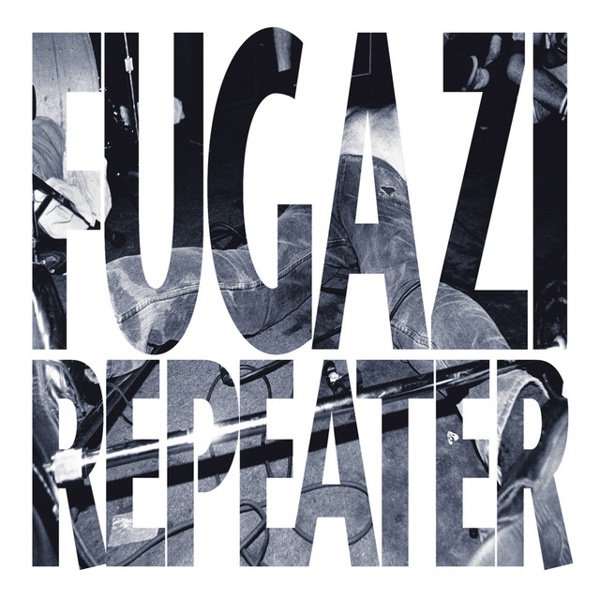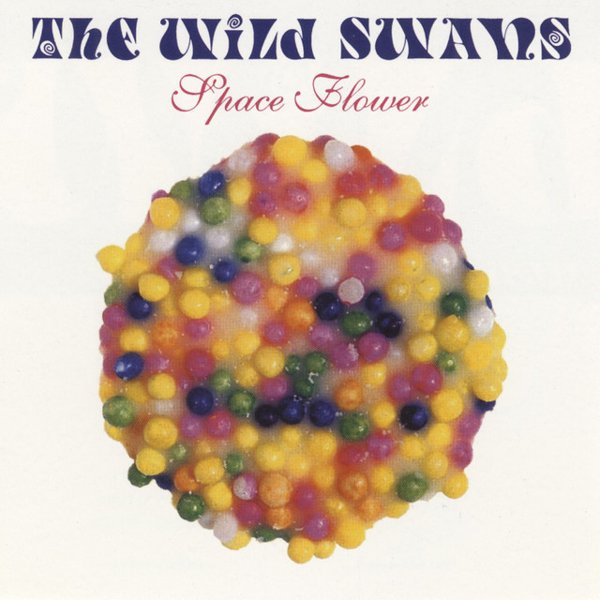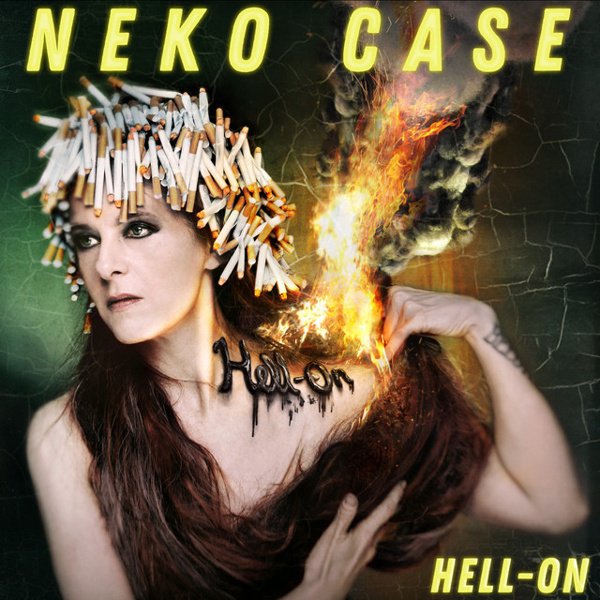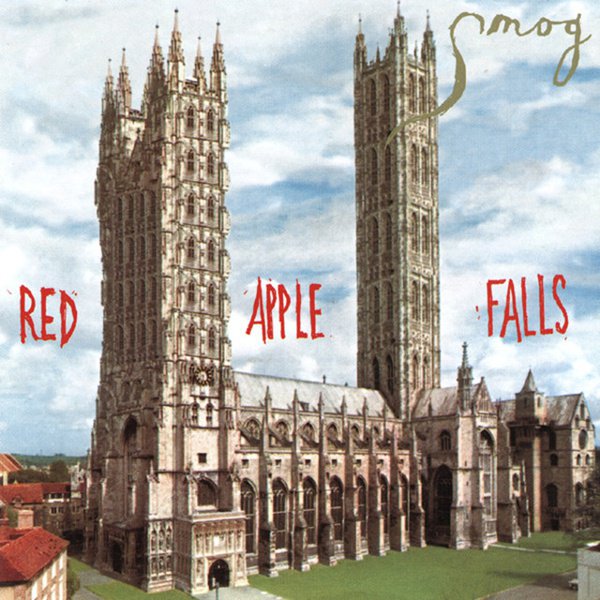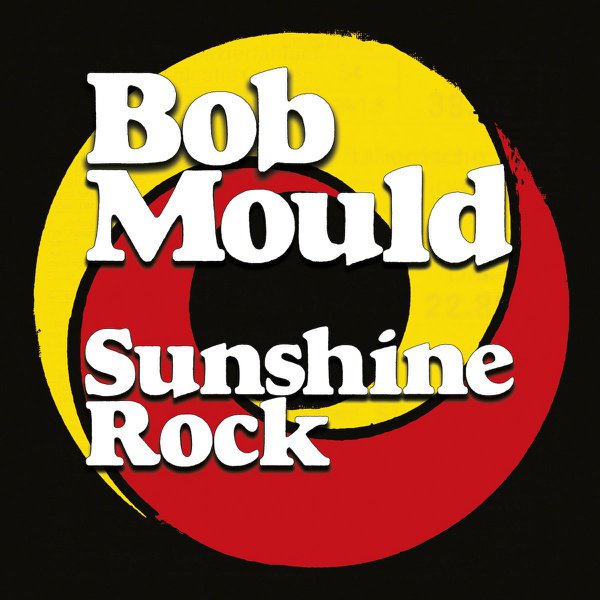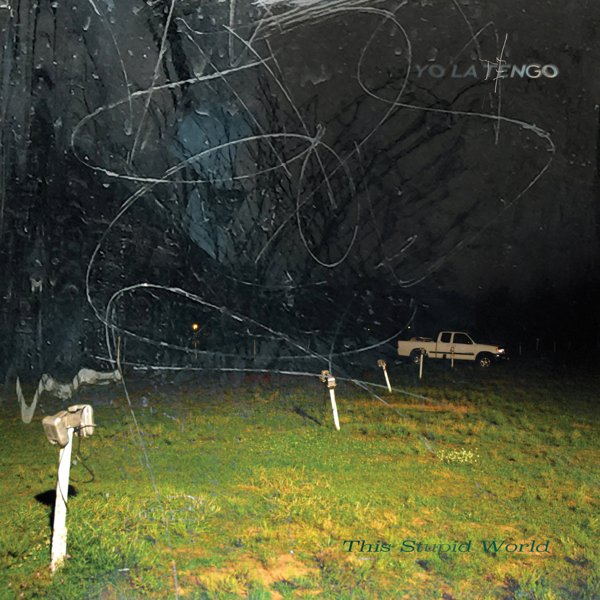
Recommended by
This Stupid World
We’re at the point where calling Yo La Tengo history’s most consistently great American indie rock band could probably allow for dropping at least one of those qualifiers, considering how they followed up six or seven years of pretty good records with another three decades of great-to-astounding ones. And even then, This Stupid World is proof they still feel the need to refine themselves, to keep exploring, to find new perspectives even if they’re just between the three of them. Album #17 is their first that’s wholly self-produced, with no outside hands touching it until it was given to Greg Calbi to master, so it’s not out of the question to call this their most autonomous and unfiltered album — at least, unfiltered once they streamlined all their longest-simmering ideas into it. It’s characteristically theirs throughout, leaning into a lot of the jammy-but-focused tendencies that gave them such longevity and breadth. “Sinatra Drive Breakdown” is a 7-and-a-half-minute trip through their motorik-psych wheelhouse, pierced by Ira Kaplan’s guitar tone that sounds liquid sharp like a melting icicle. The Georgia Hubley-led alt-country melancholia of “Aselestine” sports echoes of their early Matador run’s Nashville parentage, with the sort of devastatingly plainspoken bout-with-futility lyrics (“Aselestine/The TV’s on/I see your face/You look the same/The camera moves/The laugh track laughs/Cue applause/I cry for us”) that would fit right in with the beautiful downers of And Then Nothing Turned Itself Inside Out. And the serrated “Fallout” is a masterwork in taking the harder-edged roots of their earlier work into a more world-weary space where ambivalence has fully given way to the sense that they’ve finally figured shit out but need to work harder to make it all click. Even the more lighthearted moments hold that weight; the James McNew-fronted “Tonight’s Episode” roils like Motown-via-MC5, where the tension remains even after the rhythm bursts in to release it, conflating long-running old pop-song dance-craze traditions and call-and-response nods to the Dead like it’s all part of the same impulse. Their sprawl feels efficiently direct, with songs that started as jams before being refined down to concise yet miles-deep pieces — that’s more or less been their forte for ages, but time’s just made them sharper at it. The title cut is a beast, a shoegaze squall played with Suicide simplicity, and yet it absolutely rampages off its churning stomp, Hubley’s machine-shop operator drums giving Kaplan’s guitar the timbre of steel being lathed. They still hold plenty of record-geek appeal, referential yet surprising, iconoclastic in its Dutch-angle reverence; the most unabashed rocker on here gives it a Mott the Hoople reference for a title (“Brain Capers”), trusts its audience to get it immediately, and then play like they’re stripping the metalflake candy paint off the works. (And, because they’re still kind of wiseasses, they also pull off a referential rule-of-three refrain that ultimately nods to Rick Moranis’s Michael McDonald impersonation from SCTV.) And then there’s “Miles Away,” evidence enough that their ears are still open enough to belong in this decade: the fluttering dynamics of its distant, stutter-step percussion and the ambient glow of its slowcore chords make it the closest any indie rock band formed in the ’80s has ever conceivably gotten to treading the same turf as Burial. Above all else, This Stupid World is a stunning reckoning with bleakness — there’s no hesitation and not much doubt in the way Hubley pinpoints how intrusive sadness can feel in that final track, or how Kaplan confronts the denial of mortality head-on in “Until It Happens.” But they play these songs with a grace that makes these travails sound like something they’re weathering with the kind of clear-eyed determination that makes careers like theirs so vital (and rare).



